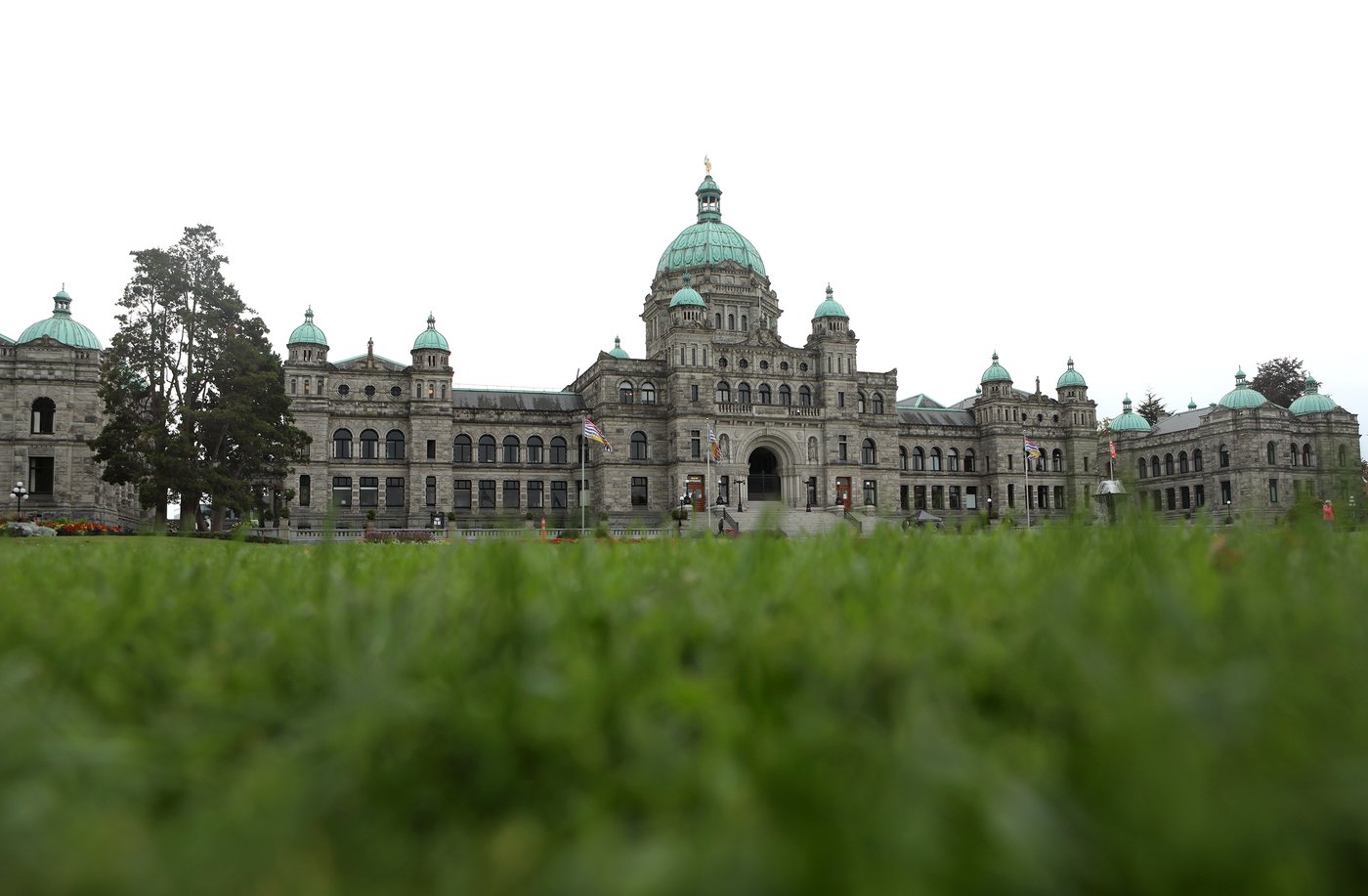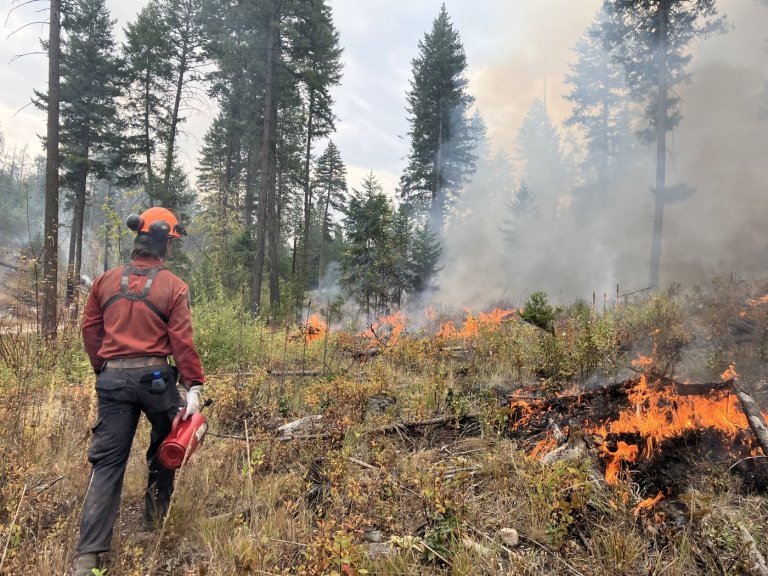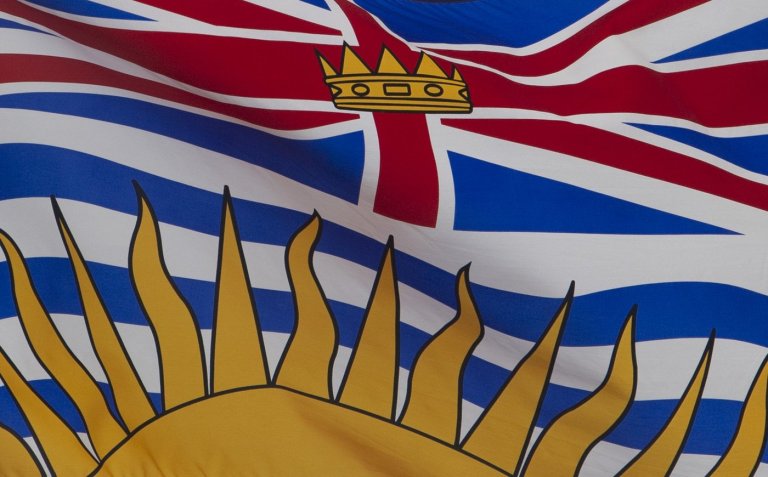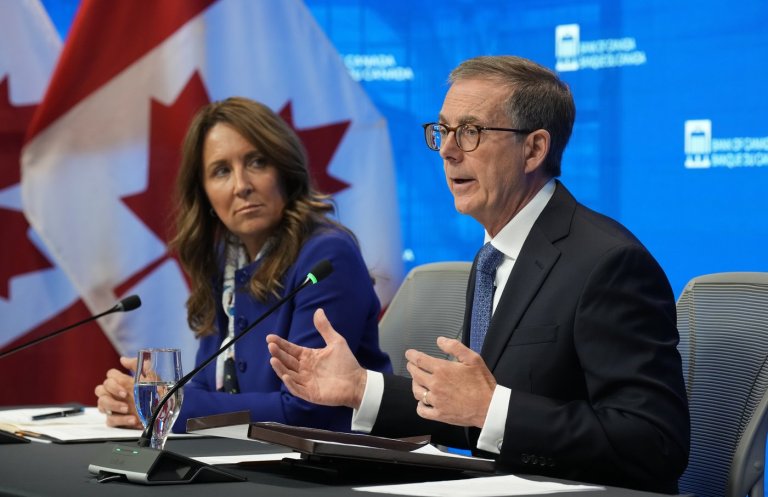
B.C. funeral homes complain of lack of funding in provincial burial program
British Columbia’s government helps to pay families who can’t afford funeral costs, but those who offer the services say the funding isn’t enough and could mean the demise of rural operators.
The provincial program is meant to cover funeral costs where the estate has no resources, but the B.C. Funeral Association says funding has “remained stagnant” for almost 20 years.
It says funeral homes have been absorbing the costs that have grown to nearly double the available funding, which is forcing the industry to “heavily subsidize the program.”
The group’s executive director Bradd Tuck says many rural operations that see a disproportionate number of the support situations are closing, leaving those communities to find services elsewhere, sometimes hundreds of kilometres away.
The Ministry of Social Development and Poverty Reduction says Minister Sheila Malcolmson has met with the funeral association and expressed a commitment to pay the necessary costs when an estate does not have the resources to do so.
Tuck says the association has submitted a budget recommendation in each of the last two provincial budget cycles, but there’s been no funding increase.
“We’ve had dialogue with the ministry, but the dialogue that we have heard back from them essentially has been, ‘We understand the need for an increase for this, but (with) the current economical situation we’re not seeing a path forward.'”
The association says the increased use of the burial program is due both to more people in economic hardship and the growing gap between the cost of the services and what the government will fund.
“The services that are included in the program usually would cost around double what the program pays,” Tuck says.
The government provides about $2,100 for the service, plus cost of cremation or burial and a few other cash disbursements, he says. An average traditional funeral in B.C. costs between $7,000 and $10,000.
He adds that urban funeral homes with a higher percentage of paying customers are better able to subsidize the gap in the provincial burial program funding, but rural operations do not have the same margin.
Tuck says the lack of proper program funding could also lead to higher costs for the province, as transportation fees are covered under the burial program.
That means as local funeral homes go out of business, families needing services would need to send the remains of their loved ones hours away, and the higher transport costs would have to be taken on by the province.
In the meantime, Tuck says families are seeing delays of more than two weeks to determine if they are eligible for the burial program, and the knock-on effect is an additional strain on the capacity of hospital and funeral home morgues.
“This is not just an administrative inconvenience,” Tuck says. “It’s a profound disrespect to the deceased and their families.”
No families are in danger of not having their loved ones looked after, but the situation is moving in an unsustainable direction, he says.
“We need to recognize that the people most impacted by this program, they’re not able to speak for themselves and they’re not able to bring that forward to say, ‘Hey, this is the dignified care that’s needed after someone dies,'” Tuck says.
“So, we need to — as the voting public — to put pressure on our government to recognize the need to acknowledge the significance of this program.”
This report by The Canadian Press was first published Sept. 28, 2025.
Join the Conversation!
Want to share your thoughts, add context, or connect with others in your community?
You must be logged in to post a comment.



















